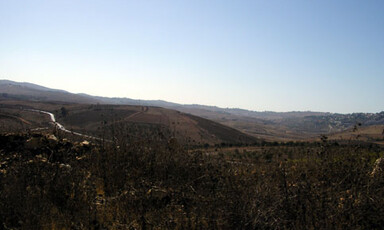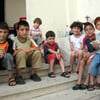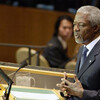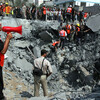
On blogging and citizen reporting from warzones
18 July 2006
Electronic Lebanon has finally been incorporated as a special section of the Electronic Intifada website. Our diary section, “Live from Lebanon”, has been extremely popular, offering accounts from Beirut and other cities under bombardment in Lebanon. There has been a lot of media interest in these diaries, and many U.S. news networks are offering reports about voices from the ground and blogs to varying degrees in their reporting. Some networks have been reporting that the phenomenon of blogging from warzones is “new”. This is not the case. Members of the Electronic Intifada team have been pioneering alternative media reporting from Middle Eastern warzones for over 10 years. Read more about On blogging and citizen reporting from warzones








